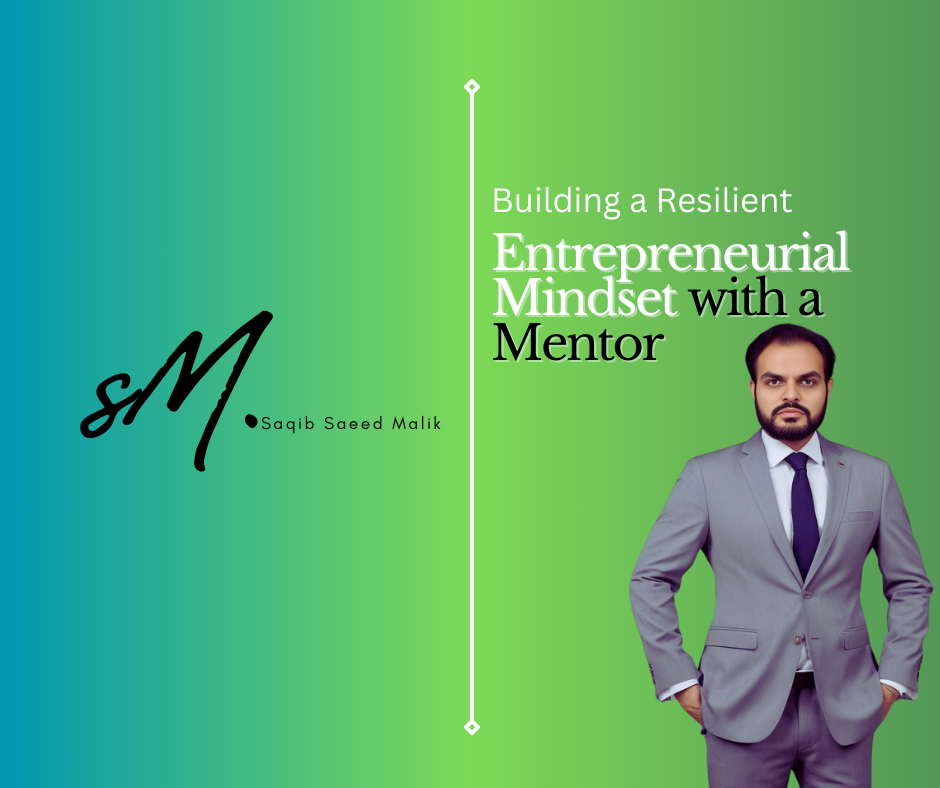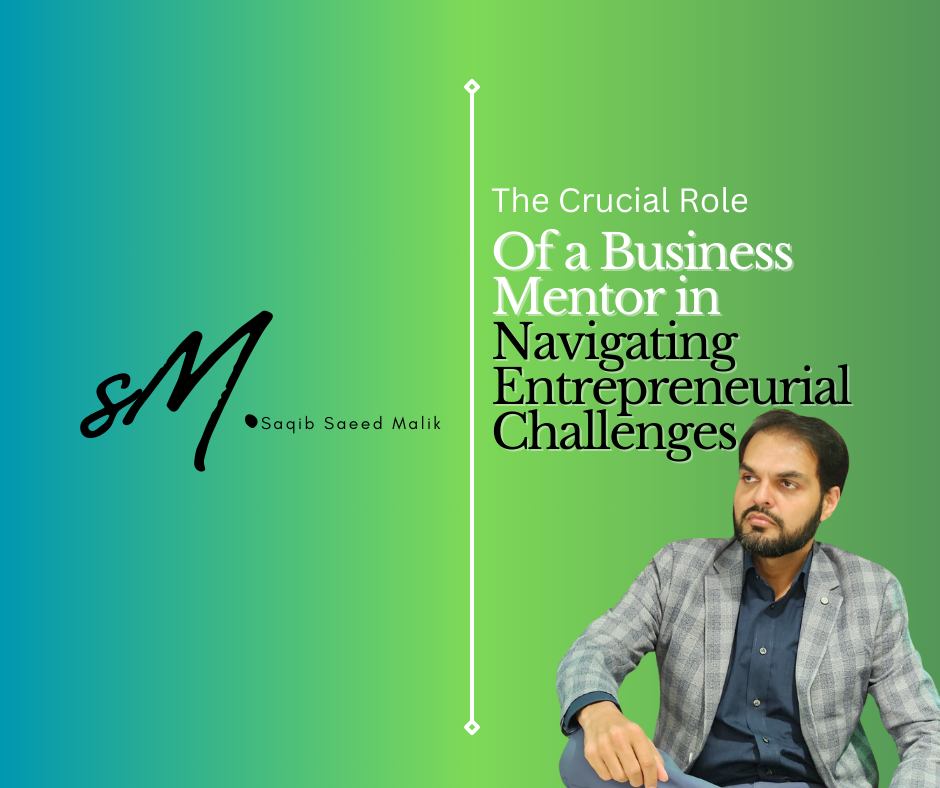The growth trajectory of a business can be significantly accelerated with the right mentorship. An experienced mentor provides invaluable insights and strategies tailored to an entrepreneur’s specific business goals, acting as both a guide and a sounding board throughout the development process.
One of the key advantages of having a mentor is their ability to offer personalized guidance. Unlike generic business advice, mentorship involves a deep understanding of your business’s unique needs, strengths, and challenges. A mentor assesses your current situation, helping you craft a strategic plan that not only leverages your existing strengths but also addresses and mitigates potential weaknesses. This customized approach fosters faster and more sustainable growth, as it is specifically designed to meet your business’s demands at different stages of development.
Additionally, mentors bring a wealth of industry knowledge and experience to the table. Their deep understanding of market trends and shifts can help you stay ahead of the competition, identifying emerging opportunities that you might otherwise overlook. By adapting your business strategy to align with current and future market trends, a mentor helps position your company for rapid expansion and long-term success.
Beyond strategic planning, mentors can also offer practical advice on optimizing your business operations. From improving efficiency to scaling your operations, they have often experienced the same challenges you face and can provide proven solutions. Their insights into cost management, resource allocation, and team development can have a direct impact on your ability to grow effectively and efficiently.
Another significant advantage of mentorship is the network it opens up. A mentor’s connections can introduce you to potential investors, clients, or partners, expanding your business’s reach and accelerating growth opportunities. Networking, along with their experienced guidance, adds a competitive edge that might otherwise take years to cultivate on your own.
In summary, having a mentor not only helps you navigate the complexities of the growth phase but also offers a strategic advantage. Their expertise, connections, and actionable insights can accelerate your business’s development, positioning you for long-term success. Whether you’re looking to refine your strategy, expand your operations, or stay ahead of industry trends, a mentor is a key ally in accelerating your business growth.






